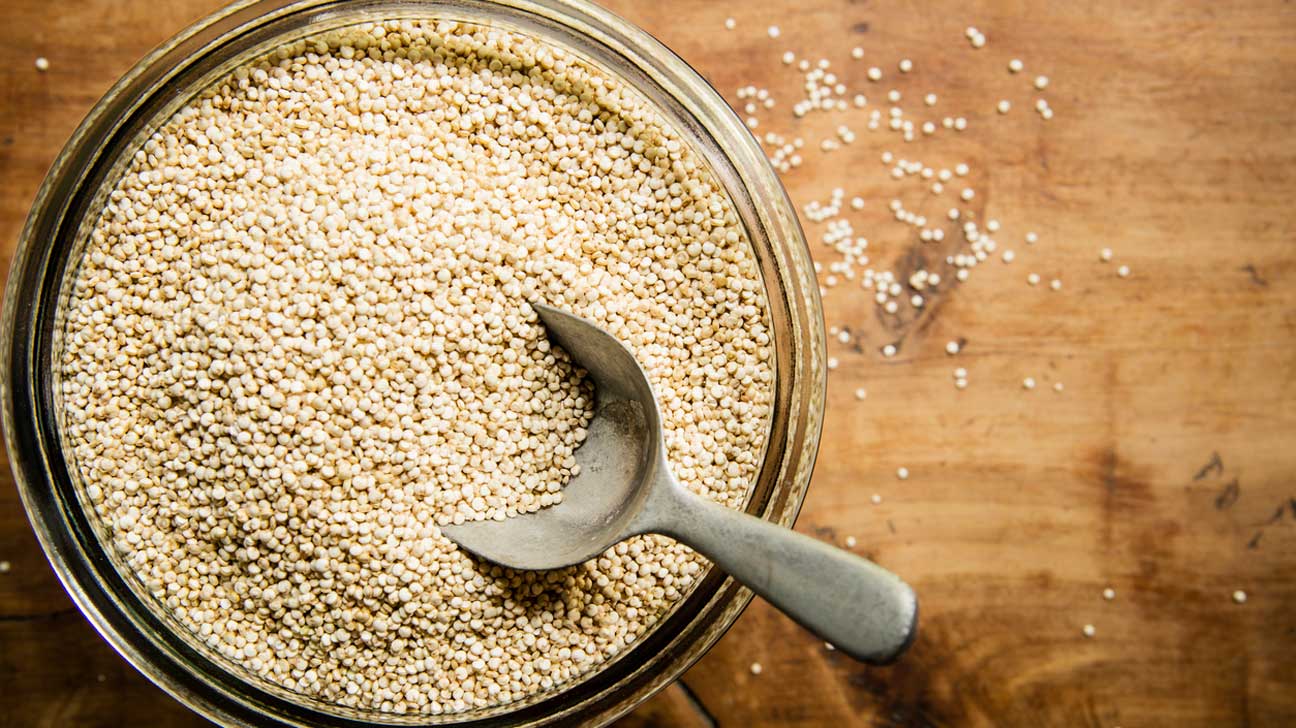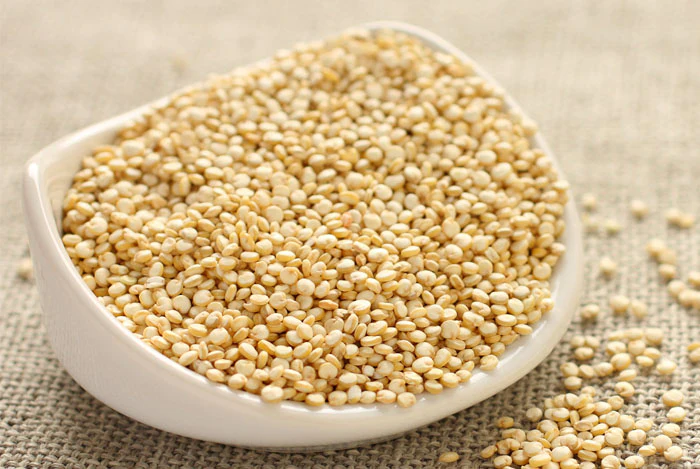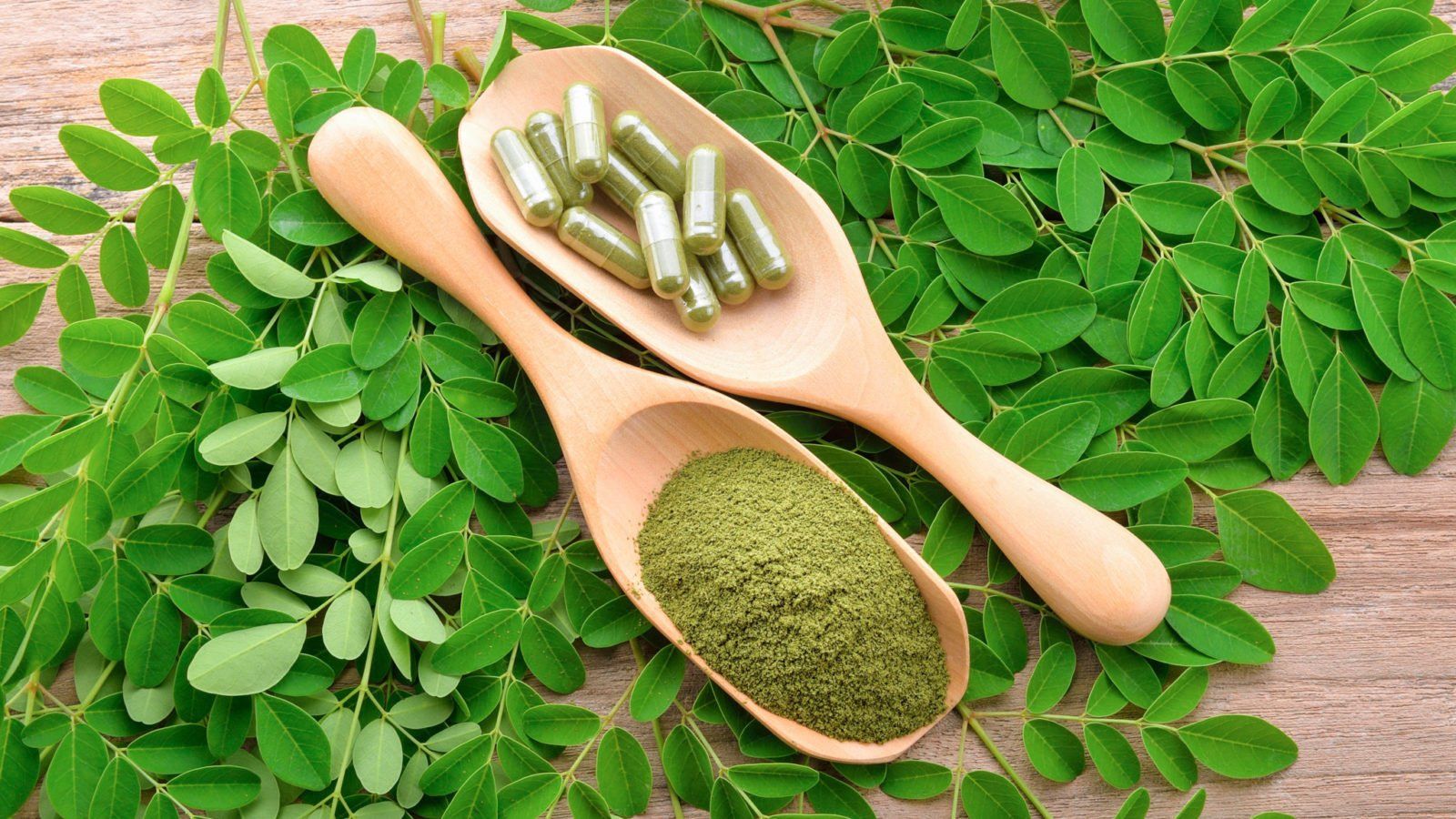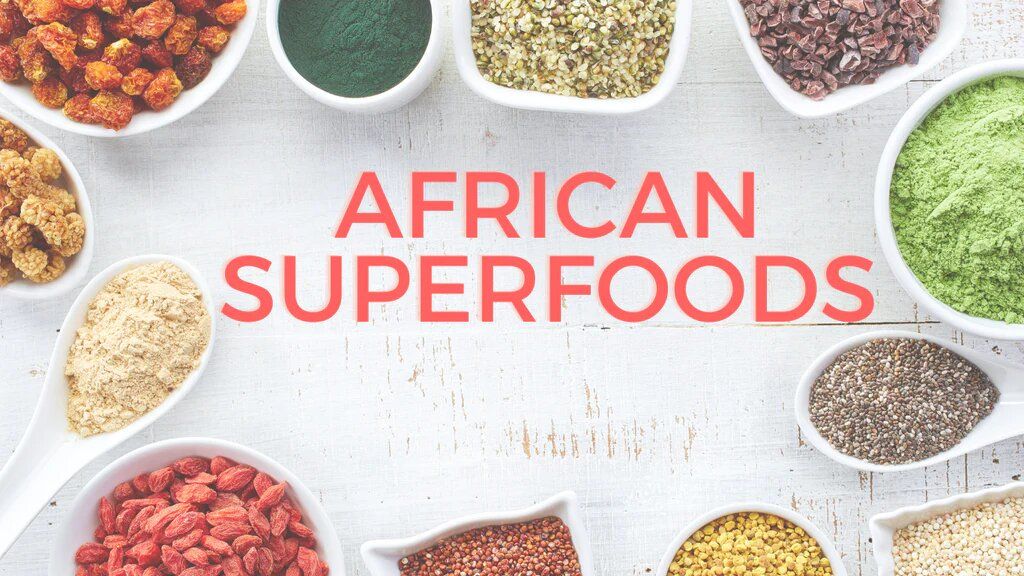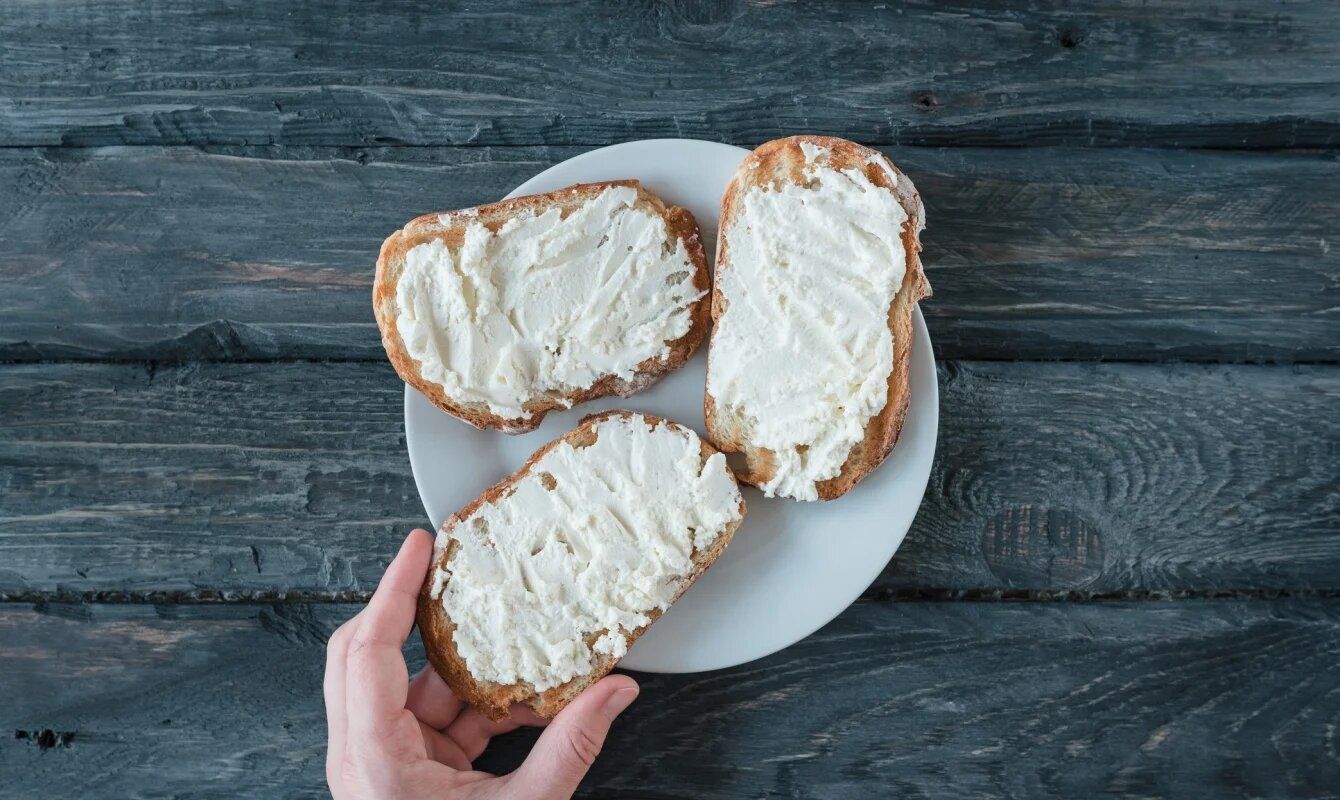Is This Ancient Grain the New Quinoa? Find Out Now!
There's a whisper in the culinary world a rumor that's gaining momentum. Over the past decade quinoa has reigned supreme in our kitchens markets and restaurants touted as the unparalleled champion of ancient grains. Its texture versatility and impressive nutritional profile have made it an integral part of many diets. But now there's talk of another ancient grain one with roots as deep and a history as rich as quinoa's. Could this grain be challenging quinoa's throne? As the intrigue unfolds and curiosity heightens we embark on a journey to discover if another grain could potentially rise as the "new quinoa."
Facts About Quinoa
Before diving into the new sensation let's revisit why quinoa became so beloved:
- High Protein Content: Quinoa is one of the few plant-based sources that offer all nine essential amino acids.
- Rich in Fiber: It contains almost twice as much fiber as most other grains.
- Gluten-Free: Perfect for those with gluten intolerances.
- Packed with Minerals: Iron magnesium and zinc are just a few of the minerals abundantly found in quinoa.
- Vitamin-Loaded: B-vitamins especially vitamin B2 (riboflavin) enhance energy metabolism within brain and muscle cells.
- Natural Antioxidants: Quinoa is rich in quercetin and kaempferol potent plant antioxidants.
With its undeniable health benefits quinoa has certainly earned its reputation. But as with all trends new players emerge. So what's the grain that's creating all this buzz?
- Enter the Challenger: Freekeh
- This ancient grain pronounced "free-kah" has been consumed in the Middle East for centuries. Today it's fast making its mark globally and here's why:
- Rich in Protein and Fiber: While quinoa undeniably offers impressive protein content freekeh is not far behind. Plus it boasts an even higher fiber content.
- Low Glycemic Index: This ensures a more steady release of energy making freekeh an excellent choice for managing blood sugar levels.
- Promotes Gut Health: The grain is a prebiotic fostering the growth of beneficial bacteria in your digestive system.
- High in Minerals and Vitamins: Just like quinoa freekeh offers a wealth of zinc magnesium and B-vitamins.
- Calorie Efficient: You get fewer calories and more nutrition per serving compared to many other grains.
Is freekeh poised to dethrone quinoa? While both have their strengths freekeh's unique benefits are making it a rising star in the health food arena.
Why the Shift from Quinoa?
- Variety is the Spice of Life: As with any food trend once it becomes mainstream people start exploring alternatives to keep their meals exciting.
- Cultural Influence: The Western world has developed an increasing interest in Middle Eastern cuisine and with it grains like freekeh are gaining prominence.
- Nutrition Needs: Each grain offers a different nutrient profile. For those looking for higher fiber content freekeh is a natural choice.
- Environment Concerns: Freekeh is harvested young which means it often requires less water and resources than mature grains making it an environmentally friendly choice.
Are There Any Side Effects to These Ancient Grains?
Like all foods it's essential to be informed:
- Digestive Issues: As with any high-fiber food overconsumption can lead to bloating or gas. Moderation is key.
- Allergies: Rare but some people might be allergic to grains like quinoa or freekeh.
- Anti-nutrients: These can reduce the body's ability to absorb minerals. However cooking usually reduces this concern significantly.
What Things to Keep in Mind While Taking a Quinoa Diet?
Quinoa while celebrated for its numerous health benefits also comes with nuances that need attention. As you consider incorporating or intensifying quinoa consumption in your diet here are some crucial factors to consider:
- Balanced Diet: Quinoa is a nutritional goldmine but remember no single food can provide all nutrients your body needs. Ensure a diet that encompasses other grains proteins fruits and vegetables.
- Quinoa Preparation: The outer layer of quinoa contains saponins which can be quite bitter. Always rinse quinoa thoroughly in cold water before cooking to wash these away. This not only improves its taste but can also make it more digestible.
- Caloric Intake: While quinoa is heralded for its protein content it's still carbohydrate-dominant. Be mindful of portions if you're watching your carbohydrate intake.
- Pesticide Concern: Although quinoa is often grown in areas where fewer pests are found thus requiring fewer pesticides it's always safer to opt for organic variants to ensure you're consuming a product free from chemicals.
- Personal Tolerance: Pay attention to how your body reacts. Some individuals might find that they are sensitive or intolerant to quinoa. Symptoms could range from digestive disturbances to skin rashes. If you suspect any intolerance consult with a nutritionist or healthcare provider.
- Variety and Rotation: There are different types of quinoa available – white red and black. Each has a slightly different texture and nutrient profile. Rotate among them to enjoy a broader spectrum of benefits and flavors.
- Storage: Quinoa has a longer shelf life compared to other grains but it's still best stored in a cool dry place. Once cooked quinoa should be refrigerated and consumed within a few days.
- Ethical Considerations: With the boom in quinoa's popularity in Western countries there have been concerns about the impact on its traditional growers in South America including price fluctuations and access to this staple food. If possible source quinoa that is fair trade or sustainably grown to support ethical farming practices.
Embracing quinoa can be a delightful culinary experience and a significant health boost. However understanding these considerations ensures that your journey with this ancient grain is both delicious and mindful.
Conclusion
In the ever-evolving world of nutrition and health trends it's always exhilarating to encounter new foods that challenge the status quo. While quinoa remains a versatile and nutritious powerhouse freekeh is certainly carving a niche for itself. Whether you're a quinoa devotee or a freekeh fan there’s no denying that the world of ancient grains offers a wealth of tantalizing nutritious options for the discerning eater. Dive in explore and enjoy the bounties of nature's pantry! Remember the real winner in the quinoa vs. freekeh battle? It's you – armed with knowledge and choices!

